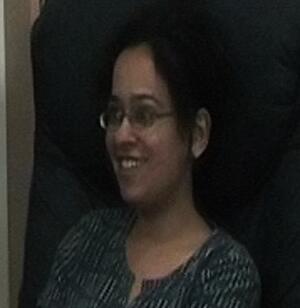Zainab Bawa: Poltics of Land
December 2008, Bangalore: Zainab Bawa is a good friend of a good friend of mine. We had only written some emails before we met in which Zainab was so kind as to give us advice how to solve some issues we had to deal with while being in India.
December 2008, Bangalore: Zainab Bawa is a good friend of a good friend of mine. We had only written some emails before we met in which Zainab was so kind as to give us advice how to solve some issues we had to deal with while being in India.
While communicating with her I realized that the subject of her PhD research is interesting for our research question in which we try to find out about the nature of witnessed presence in relation to systems design. Zainab is looking at how land changes shape and intention when perceived from different perspectives, and this change of perspectives is also influenced by how people witness and are present in each other’s lives. We decided we would come over for dinner and in between cooking we managed to interview her for half an hour. Zainab Bawa has been part of several projects in which technology, social structures and political conflict were in the focus of attention. Especially the analytical way in which she reflects upon her own personal experience, makes Bawa’s contribution valuable because it shows how the experience and understanding of the social environment deeply influences how people witness each other and experience being witnessed as well. The experiences Zainab Bawa had in Srinagar in Kashmir during a period of high political tension, while doing research into youth, violence and conflict, show insight in how technologies may contribute to these conflicts or not.
----------------------
Read the interview here



 Caroline Nevejan
Caroline Nevejan
 Zainab Bawa,
Zainab Bawa,